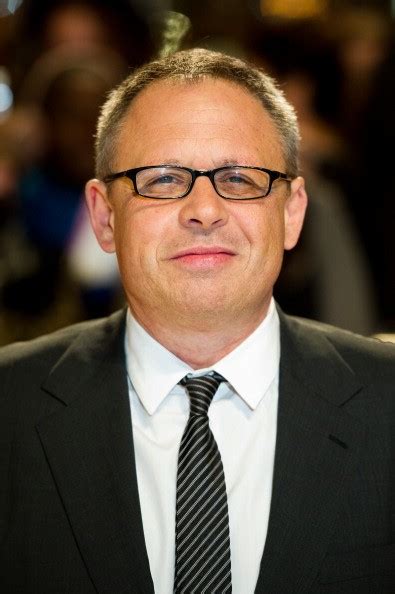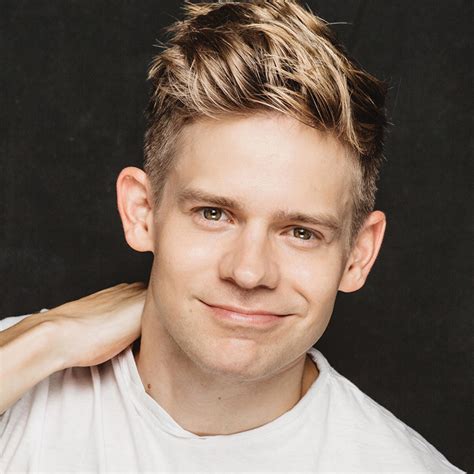A Quote by Sydney Pollack
My strength is with actors. I think I'm good at working with them to get the best performances, at seeing what it is that they have and that the story needs.
Related Quotes
A lot of the people I'm working with are not actors, or it's their first time in a movie. I'm not trying to shape performances, coax performances out of them. It's more like I want to put them in situations that naturally work or allow them to be themselves. If it's not happening, I'll just completely switch it up, rather than trying to make it work.
I think that people have to have a story. When you tell a story, most people are not good storytellers because they think it's about them. You have to make your story, whatever story it is you're telling, their story. So you have to get good at telling a story so they can identify themselves in your story.
Comedians work great as actors because they're good under pressure. With a lot of actors, you have to make them feel like everything's going really well to get a good performance out of them. But, if you have a comedian on the set, you can tell them, 'Hey, you really are screwing this up,' and then they just get better.
I think things go wrong when there's not a very specific plan and specific emotional roadmap. You need to know what a scene needs to get across, and what story point that needs to be advanced, whether it's discovering someone for the first time or whether it's seeing a relationship get strained. What I do as a director is really create a safe environment that everyone can feel very comfortable in and experiment within so that they don't hold back anything.
I worked with creative people who were very demanding of me, and they helped me reach performances that I never could have gotten on my own without being pushed and having trust in them. And so I know the best way to get the best performance of an actor, and that's not to coddle them or to baby them. It's to help them; it's to push them.
Actors are like kids, they need to play a little bit. And that's the nature of their job, they need to shake off some energy and then you as the director get them back on track. When you do loosen up the reins, you get some amazing things, but you have to wring out the performances for every last good drop.






































